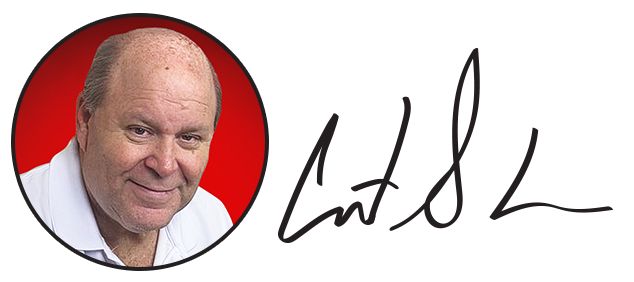
Job loss can be a profound experience, often accompanied by a whirlwind of emotions such as anger, frustration, and self-doubt. It’s easy to fall into a cycle of blame, both towards others and ourselves, which can hinder our ability to move forward. However, one of the most liberating things we can do is learn to forgive—both ourselves and those involved. Forgiveness doesn’t mean we forget what happened; rather, it allows us to release the hold our past mistakes have over us and embrace a path of growth and renewal.
Understanding the Weight of Regret
When we lose a job, especially under difficult circumstances, it's common to replay events in our minds, wishing we could change our actions or decisions. We might think, “If only I had done this differently,” or “I should have seen the warning signs.” This internal dialogue can become an endless loop of regret, preventing us from focusing on the future.
Recognizing that everyone makes mistakes is crucial. Each of us has faced challenges that didn’t go as planned. The key is to view these experiences not as failures but as lessons that contribute to our personal and professional growth. This mindset shift can help reduce the weight of regret and facilitate forgiveness.
The Power of Self-Forgiveness
Self-forgiveness is a critical step in the healing process. It involves acknowledging our mistakes, taking responsibility, and then consciously deciding to let go of the guilt or shame associated with those mistakes. Here’s how to approach self-forgiveness:
-
Acknowledge Your Feelings: It’s essential to recognize and validate your emotions. Allow yourself to feel the disappointment and pain from your job loss. Journaling can be an effective way to express these feelings, providing a safe space to reflect.
-
Identify the Lessons Learned: Consider what you can learn from this experience. Did you gain insight into your work style, values, or career goals? Reflecting on the lessons can turn a painful experience into a valuable opportunity for growth.
-
Challenge Negative Self-Talk: It’s easy to fall into the trap of negative thinking after a setback. Challenge these thoughts by asking yourself if they are true or if they are exaggerations. Reframe your internal dialogue to be more supportive and understanding.
-
Give Yourself Permission to Move On: Once you’ve acknowledged your feelings and identified the lessons learned, give yourself permission to move forward. This can be difficult, but it’s essential for your well-being. Remember, holding onto past mistakes only limits your future potential.
Forgiving Others
Forgiving others, whether it’s a former employer or colleagues, can be equally important. Holding onto resentment or anger can keep you stuck in the past. Here’s how to navigate this process:
-
Understand Their Perspective: Try to view the situation from the other person’s perspective. This doesn’t mean you condone their actions, but understanding their motivations can help you find compassion.
-
Express Your Feelings: If appropriate, consider having an open and honest conversation with those involved. Sharing your feelings can lead to closure, even if it doesn’t result in an apology.
-
Focus on Your Well-Being: Forgiveness is primarily for your benefit, not the other person’s. By releasing anger and resentment, you create space for healing and growth.
-
Practice Letting Go: Letting go is a process that may require time and effort. Engage in activities that promote positivity and healing, such as meditation, exercise, or spending time with loved ones.
Embracing a New Future
Forgiveness is not about excusing past mistakes; it’s about freeing yourself from their burden. Once you’ve worked through your feelings of regret and resentment, you can focus on what lies ahead. Use this newfound clarity to set new goals, explore different career paths, or even pursue additional education or training.
Job loss can also be an opportunity to reassess what you truly want in your career. Take time to reflect on your values, passions, and long-term objectives. This introspection can lead to more fulfilling opportunities and a renewed sense of purpose.

Curt Skene
FOUNDER
Career Network Club